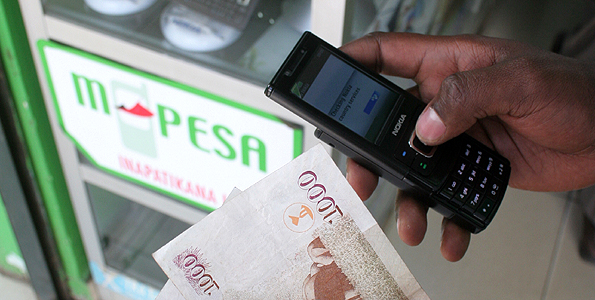When it comes to fintech, Africa – particularly Kenya – seems to be making the mark, while others follow. Not to brag, but Kenya was a pioneer in mobile money technology way ahead the rest of the world.
Mobile money has brought about financial inclusion for the masses, which the conventional banking system was struggling to achieve in Africa. Yet, there are some things the conventional banking system was just better at, and there was little mobile money stakeholders could do about it.
One of which, is integration to online financial products such as escrow and electronic wallets. Now thanks to a partnership between the global payments firms Cellulant and Adyen, Kenyans can now send money directly to some of the biggest names in e-commerce space from the West.
For those you may not know, Adyen replaced PayPal on eBay as the preferred wallet for transactions. Adyen also has partnered with some 40 mobile phone service operators from around the world. It also has over 600 local and international merchants and working with some 120 banks from across Africa, who in turn work with Cellulant.
“We are happy to extend our payments capabilities to Adyen and their customers. This presents a growth opportunity for global businesses who are looking to accept all forms of payments in Africa,” said David Withaka, the Cellulant Chief Business Officer for Global Payments.
“In the next three to five years, 5 out of the top 10 world’s fastest-growing economies will be in Africa and with a population of 1.2B this is the right time for global businesses to be looking at Africa.”
Other than M-Pesa and Airtel Money from Kenya, other mobile money in Africa that will be included in the program include MTN Mobile Money and Tigo Pesa.
“Eliminating boundaries across channels and geographies will help our customers businesses to expand by making these markets more accessible,” said Roelant Prins, the CCO at Adyen.



